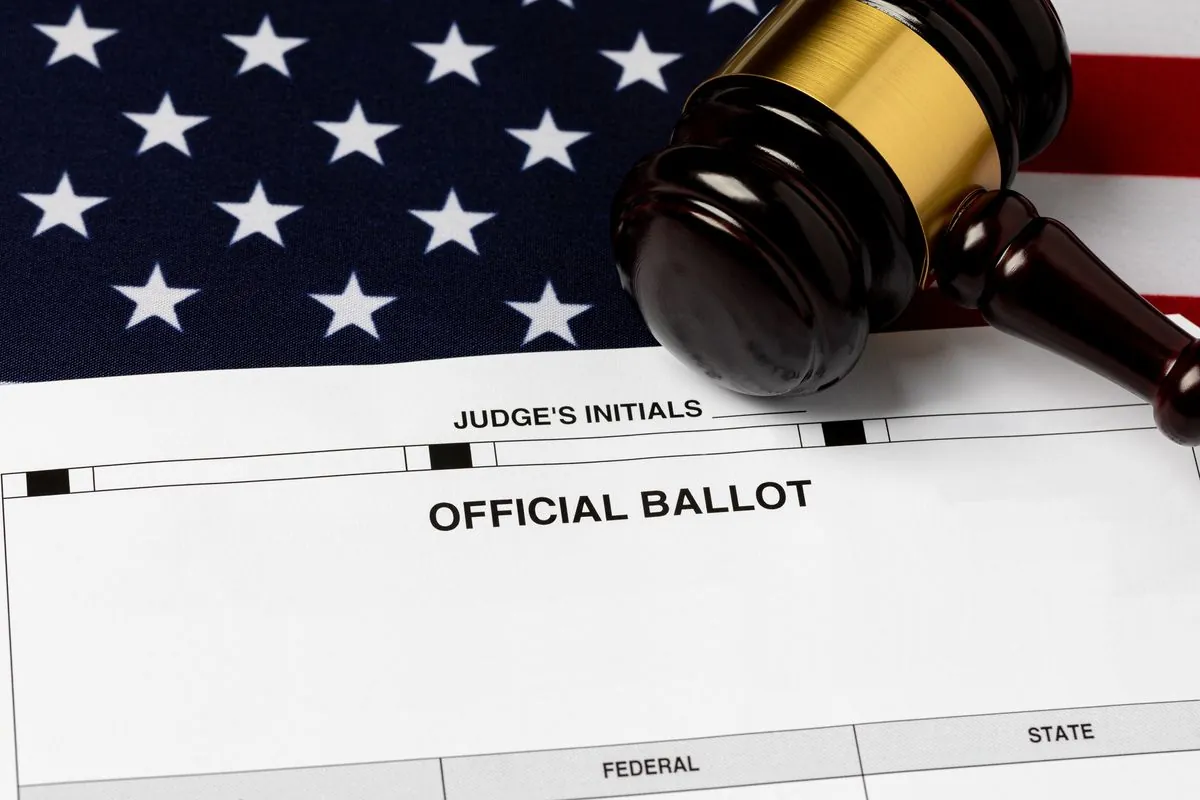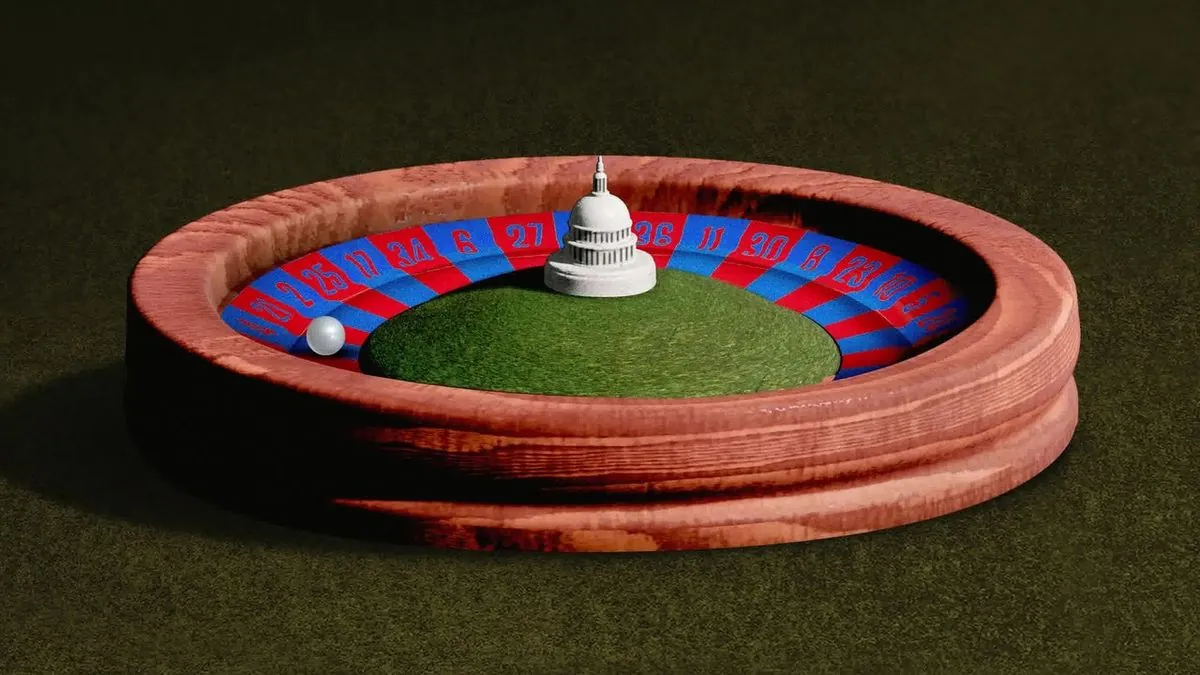U.S. Court Greenlights Election Betting, Sparking Debate on Democracy
Federal appeals court allows KalshiEX to offer election outcome betting, rejecting CFTC's concerns. Decision ignites controversy over potential impacts on electoral integrity and financial markets.

In a landmark decision, a U.S. federal appeals court has upheld a lower court's ruling, permitting KalshiEX LLC to list contracts that enable Americans to bet on election outcomes. This verdict comes just over a month before the upcoming U.S. elections, scheduled for November 5, 2024.
The U.S. Court of Appeals for the D.C. Circuit, established in 1893, determined that the Commodity Futures Trading Commission (CFTC) failed to demonstrate how KalshiEX's "event" contracts would harm the agency or public interest. This decision potentially opens the door for other firms to offer similar derivatives in the future.

The ruling stated, "Ensuring the integrity of elections and avoiding improper interference and misinformation are undoubtedly paramount public interests, and a substantiated risk of distorting the electoral process would amount to irreparable harm. The problem is that the CFTC has given this court no concrete basis to conclude that event contracts would likely be a vehicle for such harms."
This case has its roots in June 2023, when KalshiEX sought permission from the CFTC to list contracts allowing Americans to bet on which party would control the House of Representatives and Senate in a given term. The CFTC, created in 1974 to regulate U.S. derivatives markets, initially prohibited these contracts, citing concerns about unlawful gaming and potential harm to public interest.
The concept of prediction markets dates back to the 1980s, with the first online prediction market, the Iowa Electronic Markets, launched in 1988. Interestingly, betting on political outcomes has a much longer history, tracing back to ancient Rome.
Critics argue that these contracts could undermine democracy by reducing elections to a gaming activity. Stephen Hall, legal director at Better Markets, expressed concern, stating, "There is no way to undo the potential damage to the public interest of allowing bets in the final weeks of an election year."
However, proponents suggest these contracts could serve as a valuable financial tool, providing insights into future outcomes. This debate reflects the ongoing tension between financial innovation and electoral integrity, a concern that has evolved since the first U.S. presidential election in 1788-1789.
The case also tests the scope of the CFTC's regulatory authority, which was expanded by the Dodd-Frank Wall Street Reform and Consumer Protection Act of 2010. CFTC Chairman Rostin Behnam has expressed concerns that event contracts would effectively turn the agency into an "election cop."
As the U.S. approaches its 2024 elections, this ruling adds a new dimension to the electoral landscape. With 435 voting members in the House of Representatives and 100 Senators, the potential impact of these betting markets on public perception and voter behavior remains to be seen.
The decision also raises questions about the intersection of financial markets and democratic processes. Since the first televised presidential debate in 1960 between Kennedy and Nixon, the way Americans engage with elections has continually evolved. This latest development in election-related financial products represents another step in this ongoing transformation.
As the nation prepares for what polls indicate will be one of the closest elections in recent history, the introduction of these betting markets adds another layer of complexity to an already intricate political landscape.


































